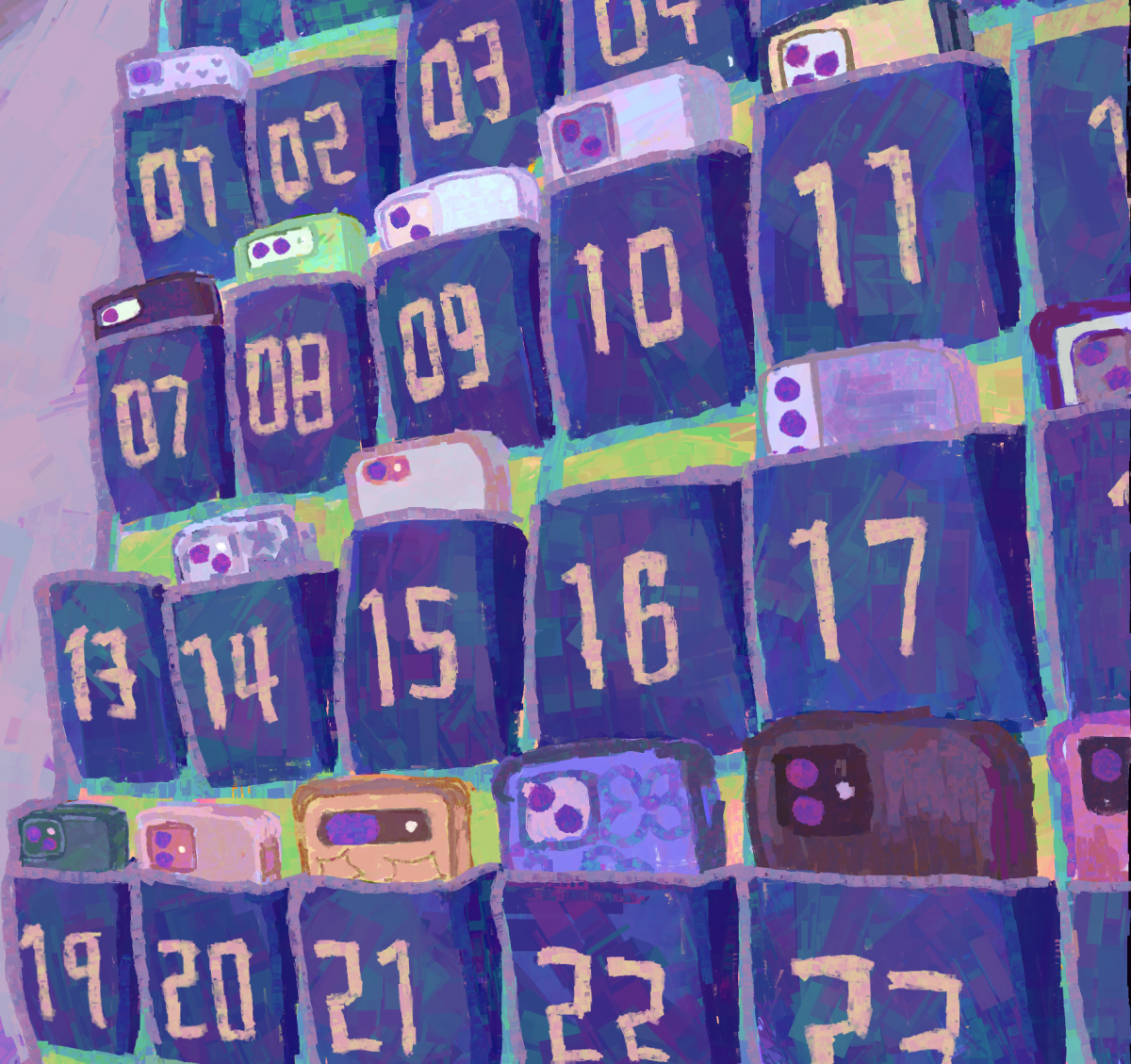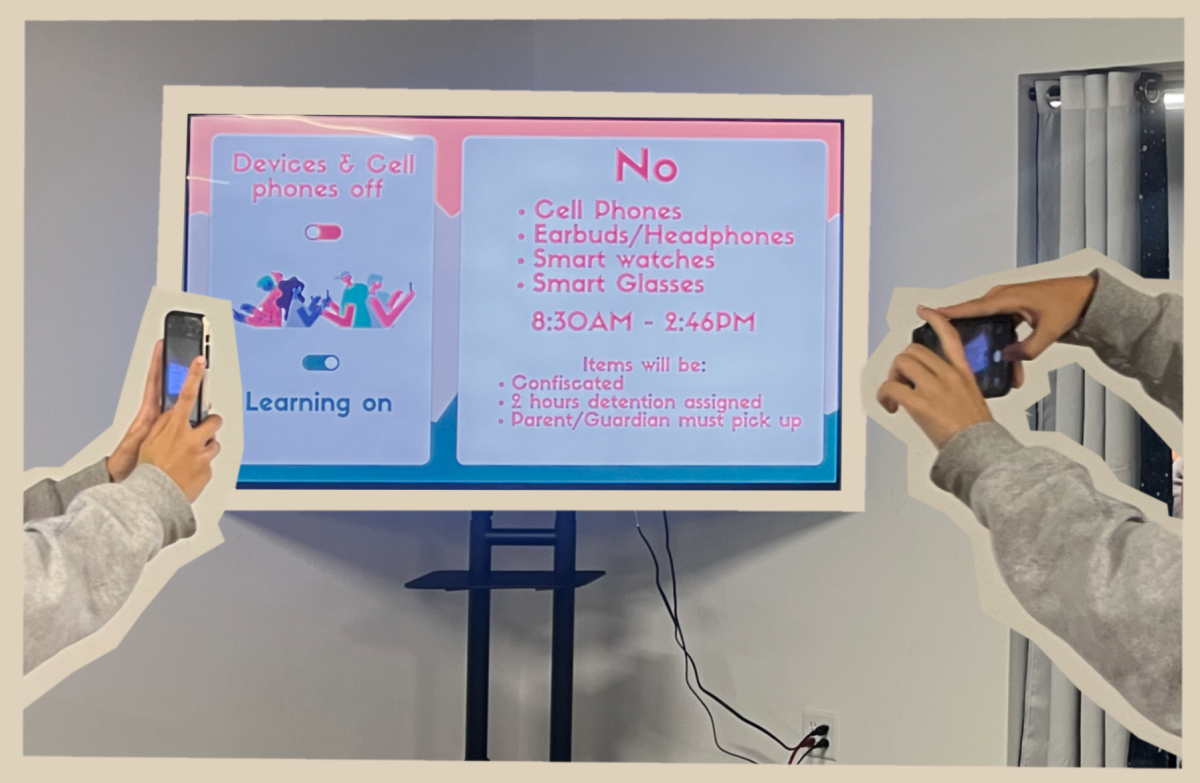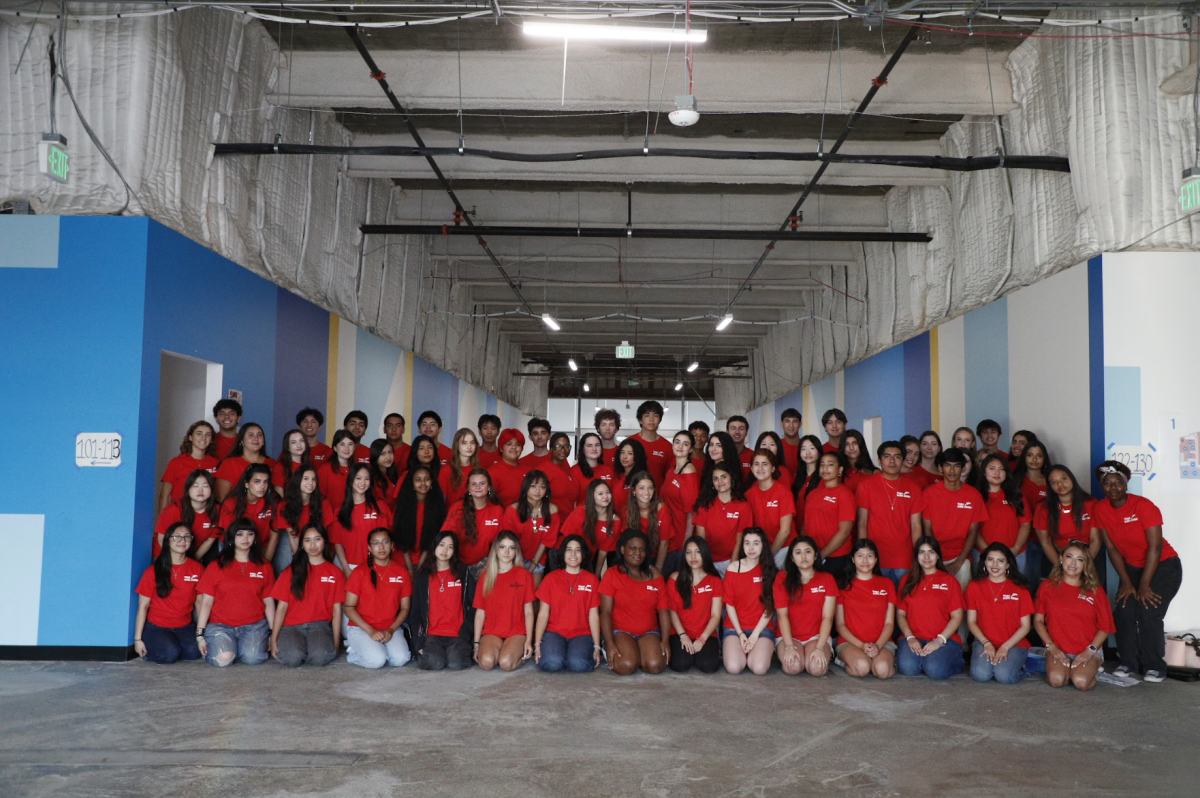Pali administration is implementing new technology policies aimed at restricting personal device use during class time.
According to the Pali Student Parent Handbook, the policy states that if any personal devices, including phones and laptops, are used or displayed during instructional hours, they will be confiscated. Then, the student will be assigned two hours of detention and a parent or guardian will be required to pick up the device in the main office.
The decision to prohibit personal devices is an extension of last year’s policy that provided Lenovo laptops to each student. Prior to the introduction of these regulations, there were no official penalties for students using their own devices during instructional hours.
Pali Dean Adam Licea said this policy was established by Los Angeles Unified School District (LAUSD) and will go into full effect in February. According to Licea, the LAUSD policy states specifically that cellular devices are prohibited on campus during school hours. Pali administration has chosen to exclusively implement this rule during class time.
“The reason why we put [the policy] in place [is because] the use of cell phones is interrupting the learning process of students,” Licea said. “There’s been many mental health studies tied to the addiction of cell phones, so just having that detachment can help students learn better [and] socialize better.”
AP Literature and Composition and ninth-grade English teacher Noah Hundley explained his perspective on letting students have their personal computers accessible to them during instructional hours.
“When the students use their personal computers rather than the school ones, they have access to apps like iMessages, which usually results in them using those apps and then struggling to fully pay attention during class,” Hundley said. “I think that not having personal devices leads to more productive conversations and generally more attention in class.”
However, some students find the school-issued devices to be a deterrent.
Freshman Kayla Kohan said that her computer causes her difficulties and delays during instructional hours, leading to interruptions of her learning.
“These computers are so slow,” Kohan said. “It takes forever to get my work done in class and nothing ever loads. When it takes a long time to load, I start to fall behind and struggle to catch up.”
“Everytime I open my computer, it makes me log into GoGuardian, but most of the time even after I log in, it still doesn’t work,” she added.
Junior Alessandra Santini also has concerns about the new tech regulations.
“I just think that some teachers abuse their powers, specifically the power that they have as teachers to confiscate our devices for unnecessary reasons,” she said.
Santini believes that confiscating students’ cell phones is not the right solution.
“I do not agree with the fact that teachers have the authority to take our phones and lock them up or put them in pocket holders,” she said. “A solution for this could possibly be that our phones [should] be left in our backpacks in case of emergencies.”
Despite this, some faculty members see the benefits of the policies.
“With the new implementations and policy, I feel like the students are more engaged in their learning and teachers are feeling supported with the lack of personal devices, knowing that they can operate a class and give out tests without worrying,” Licea said.
Hundley agreed, saying, “I know students have a lot of strong opinions about the devices, and I think a lot of those opinions are fair, but I do really think the pros of the [implementations] outweighed the potential benefits of having the personal devices.”










